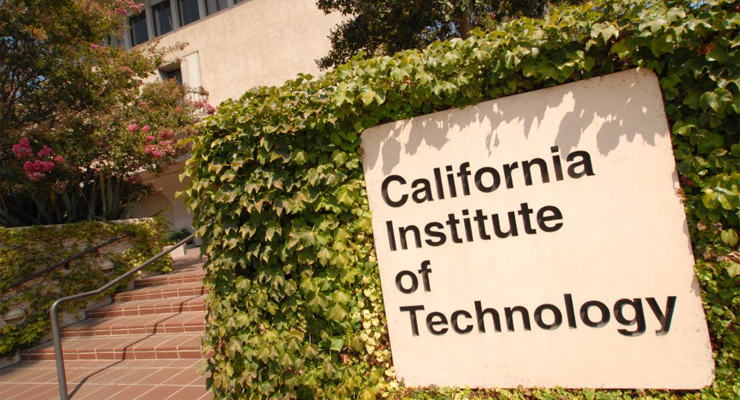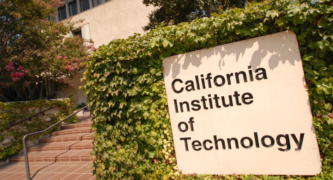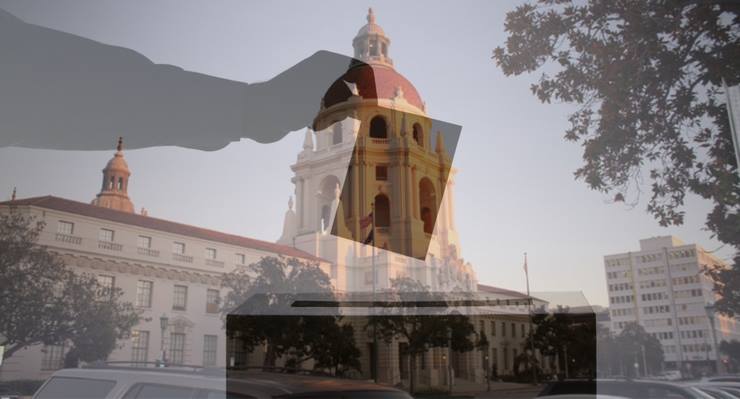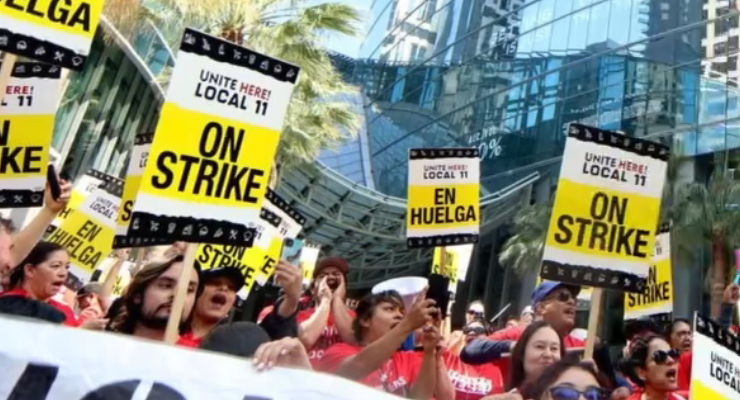
A federal court has ruled against government efforts to rewrite and enact immigration and labor rules affecting “knowledge economy” physicians, researchers and scientists working at such places as Caltech, Jet Propulsion Laboratory, USC and Stanford University.
“This is an important victory, not only for higher education but for the American economy,” said Miriam Feldblum, executive director of the Presidents’ Alliance on Higher Education and Immigration, another plaintiff in the suit.
In a ruling released Tuesday, U.S. District Judge Jeffrey S. White issued a partial summary judgment which blocks the U.S. Department of Homeland Security (DHS) and the U.S. Department of Labor (DOL) from implementing and enforcing interim final rules that a lawsuit filed by the two universities, other research universities, and a coalition of national business groups allege were “designed to substantially restrict, if not outright eliminate the H-1B visa category.”
The proposed DHS rule on the H-1B program, “Strengthening the H-1B Nonimmigrant Visa Classification Program,” according to a press release issued Thursday by Caltech, allows high-skilled workers to come temporarily to the United States to perform services in specialty occupations. At Caltech and JPL, more than 160 scientists, engineers, and scholars are active visa holders who currently contribute to the Institute’s research and educational enterprise.
If approved, the rule would have represented sweeping changes to H-1B eligibility by redefining what qualifies as a “specialty occupation,” tightening the category of individuals who will qualify. It also would have lowered the validity period of visas issued to H-1B workers employed at third-party job sites from three years to one year, while imposing “burdensome compliance requirements regarding third-party contracts and work itineraries on employers,” according to the lawsuit.
The proposed DOL rule, “Strengthening Wage Protections for the Temporary and Permanent Employment of Certain Aliens in the United States,” would have “destroy[ed] the whole H-1B system,” according to the allegations in the lawsuit. It would have raised the minimum wages paid to H-1B workers and workers with EB-2 and EB-3 visas to artificially high levels that vastly exceed what comparable domestic workers are paid.
The complaint alleged that the government failed to comply with the notice-and-comment period required by the Administrative Procedure Act (APA) and that there was an insufficient basis to justify the immediate publication of the rules.
The DHS rules would have become effective on Dec. 7. The DOL rules were effective immediately.
Consequently, the complaint, filed on Oct. 19, alleged, neither employers nor employees had an opportunity to provide data and insight on the impact of the rules on hundreds of thousands of individuals and on scores of hospitals, universities, businesses, and others that employ these workers.
“In his ruling, Judge White affirmed what we knew to be true: the administration violated the APA’s notice and comment requirements, procedurally short-circuiting the congressionally mandated public comment period, all the more serious because doing so would have cut off an important pipeline of talent, innovation, and knowledge,” Feldblum said.
“Our nation’s knowledge economy depends on diverse talent from around the world, including skilled researchers, scholars, students, and workers. Higher education institutions and businesses are competing with institutions from around the world for the best minds, and we need to ensure that our immigration rules enhance, rather than deter, our ability to compete,” Feldblum said.
Other plaintiffs in the case were the Chamber of Commerce of the United States, the National Retail Federation, the Bay Area Council, the American Association of Healthcare Recruitment, Cornell University, the University of Rochester, the University of Utah, and Arup Laboratories.














 0 comments
0 comments


